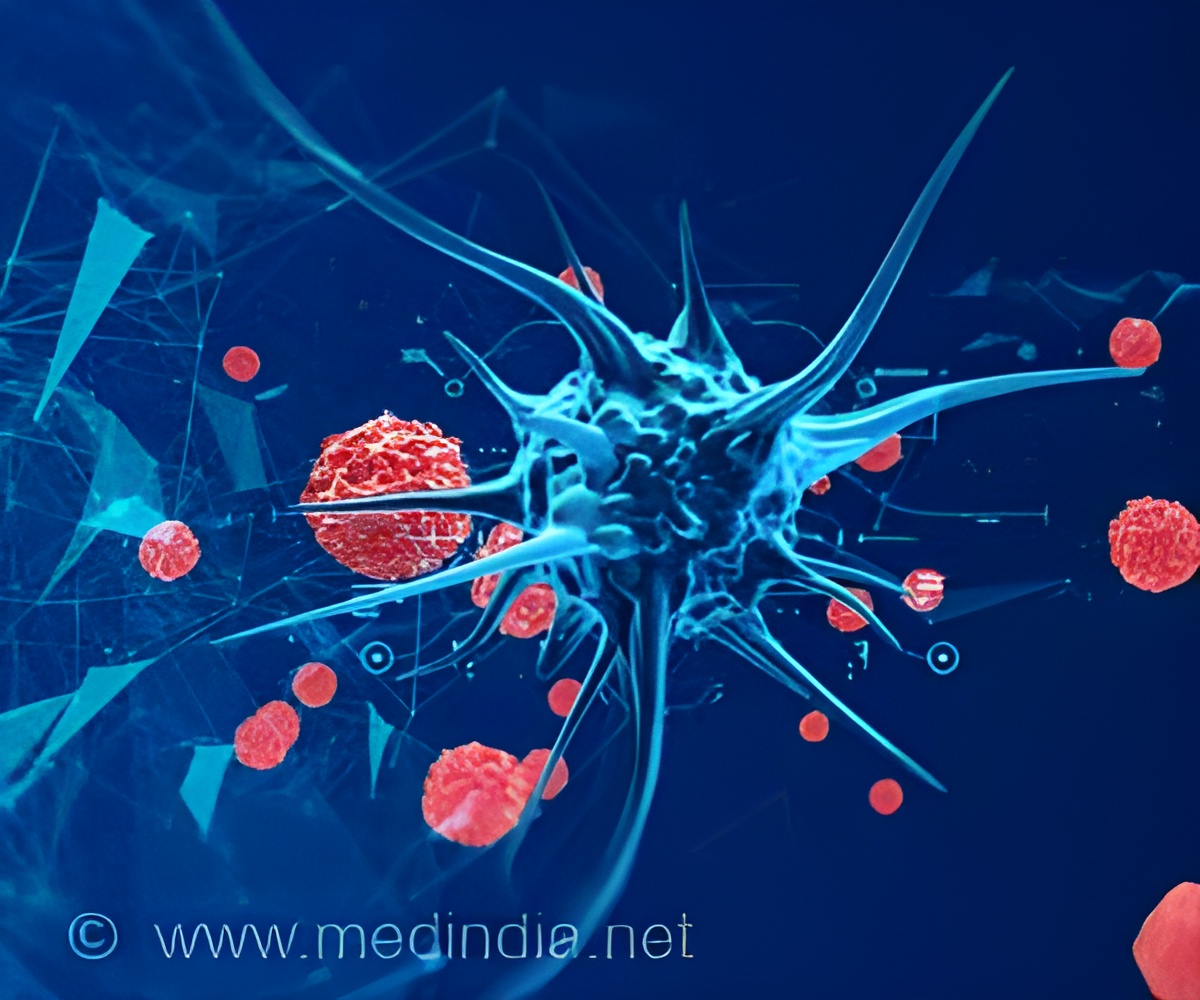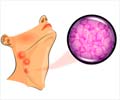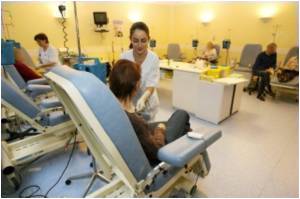People with follicular lymphoma who have been treated and are in remission for at least two years, may no longer have what has been considered an incurable disease based on highly sensitive testing, said study.

TOP INSIGHT
People with follicular lymphoma, a slow-growing lymphatic-system cancer, who have been treated and are in remission for at least two years, may no longer have what has been considered an incurable disease based on highly sensitive testing; this means they no longer need therapy or active follow-up.
The study enrolled 68 people with follicular lymphoma at Georgetown. They had all undergone conventional treatments for their disease and had been in clinical remission for over two years. Twenty-five patients had biopsy samples that did not meet the study criteria, therefore only 43 patient samples were able to be fully assessed.
As a first step in the researcher's process, patients' biopsy samples from the time of their initial diagnoses were examined for changes in their lymphoma cells with next-generation sequencing tests. These tests now have the ability to detect minute genetic alterations that are specific to follicular lymphoma. For the second step, a current sample of each patient's blood was evaluated to detect possible remaining lymphoma cells by searching for the specific genetic changes which were identified in the original biopsy samples. Upon analysis of 43 patients with next-generation sequencing, 38 of them did not show any evidence of lymphoma in their blood.
The ability to detect which patients might be disease-free and might not need treatment anymore is important because many of these patients had undergone numerous therapies, often due to multiple relapses, and were always concerned about the possibility of their disease relapsing.
"More important than anything perhaps, is the lifting of the psychological burden these patients faced with a diagnosis of a presumed incurable disease," concluded Dr. Sarraf Yazdy. "This is a pilot study in a small number of patients with a short follow-up time. We need to do more work, study a larger number of patients, and monitor them for a longer time, but this is an important first step."
 MEDINDIA
MEDINDIA




 Email
Email




